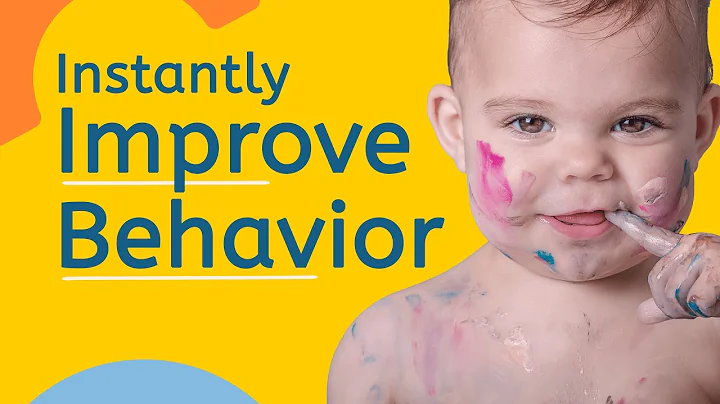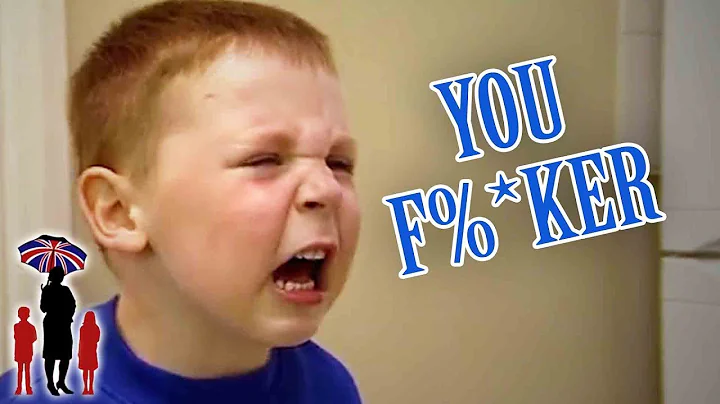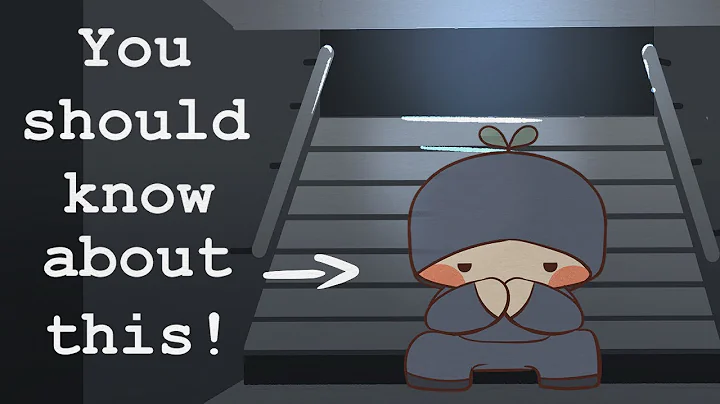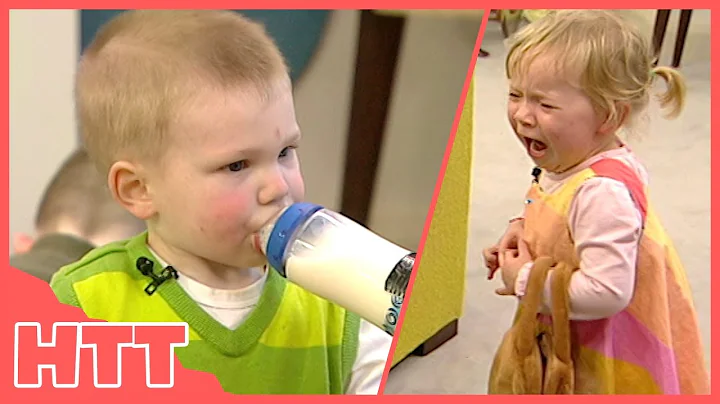Text: CC Parents
ID: CC-bama
My best friend was recently made speechless by her young boy.
A few days ago, she took her children to play in the community amusement park. The children were having a good time, but then they got into conflicts for some reason. My child directly pushed someone else, and the other person fell down. I went over and helped the other person up quickly, and then asked the child to apologize. As a result, not only did this kid not apologize, he started crying and hit me while crying. This child is so stubborn. When he makes a mistake, he won't let him say a word and becomes anxious when he does. You ask, why is it that when you point it out to him that he has made a mistake, he not only refuses to correct it, but also gets angry at you? It’s simply incomprehensible!
Well, I know this very well.
Everyone knows that CC is a highly sensitive and extremely stubborn child. I was often overwhelmed by her sudden outbursts of emotion, and often left speechless by her coherent remarks.
In the past 8 years of my battle of wits and courage with her, we have dealt with countless conflicts and contradictions. I have definitely rich combat experience and a strong heart.
Therefore, we still have some experience in dealing with such children with high self-esteem, high sensitivity, and high needs.

Today, Mother C is here to analyze and analyze why her child always refuses to admit it when it is pointed out that he has made a mistake? Even angry?
Reason 1:
The needs are not seen and I feel isolated and helpless
Just like the best friend example at the beginning, what parents want is to end the conflict quickly and give the other party an explanation. Therefore, we tend to point out mistakes immediately, criticize, and ask children to apologize as a way of educating them.
When children make mistakes, parents usually become very nervous. They always want to say or do something quickly to correct their children's behavior. At the very least, they should let their children know where they are wrong.
It seems that if you don't point out your children's mistakes, you are not fulfilling your parenting duties.
But in the rush to correct, it is most likely to ignore the real inner needs.
Especially in conflicts, both children actually need to be comforted.
One felt wronged after being beaten, and the other was nervous and frightened after being beaten.
If you criticize and accuse the child, it is equivalent to standing on the opposite side of the child, leaving the child in an isolated and helpless situation.
talks about being anxious, but in fact it is just using anger to relieve fear and vulnerability.

The correct approach:
See the child’s inner needs first, and then see the mistakes
There are not too many cases where our two children are pinching each other.
It is often DD who provokes CC, and CC can't bear it until he takes action. At this time, if you rush to discipline and don't see the child's true inner emotions (CC who beats DD is also very panicked, angry and panicful), it will only aggravate the sister. Brother conflict, and parent-child conflict.
CC will definitely go crazy: "Obviously it was him who provoked me first, so you will only talk about me." After
, no matter how reasonable you say, it will be useless.
1
should first ask: What happened?
(It’s not about accountability. Even if you see the whole process, you still give your child a chance to describe the problem and explain it. The version you hear from the child’s mouth will definitely make you calm down a lot, and the child will also be much calmer during the explanation process)
CC: "Mom, DD always made trouble when I was practicing my calligraphy! He snatched my pen, pulled my paper, and then I hit him." (still a little emotional)
2
Concerned about the situation again: How do you feel now?
(Let him feel your care and understanding, which can help your child stabilize his mood)
I asked CC: "When you hit DD, do you feel more happy and relieved?"
CC: “Nothing feels better, I feel angry and panicked.I also regret a little, I was a bit harsh just now."
asked DD again: "My sister hit you, did it hurt? Are you angry with your sister?"?
DD: "It hurts so much, mom, it hurts so much here (covering her arm) , sister hates it, woohoo" ~
(the children have obviously relaxed after expressing their feelings)
3
finally asked : So what do you think you should do now?
Let the child figure out how to deal with the aftermath. As long as you are not aggressive, he will give you a surprise.
CC: (I was a little regretful, but then I saw DD crying so miserably) "Okay, DD I'm sorry, sister shouldn't hit you, so can you stop making trouble for me?"
DD: "Okay, I want to play too."
CC: "Can sister get you another pen and paper?" "
DD: "Okay".
4
Don't forget to review the review afterwards. To sum up experience,
CC usually doesn't wait for me to review the review. She reflects first:
- Mom, I shouldn't hit my brother. He just wants to play with me.
- Then What should I do if this happens again?
- Then I will give him a toy.
- If he doesn’t want the toy, he has to pester you?
- Then I can call you and take him away, but I won’t hit him.
(Help the child. Summarizing the experience next time, she will be more and more able to deal with the problem)
You see, just holding back the anger for a moment, first seeing the child's inner emotions, and then seeing the mistakes, that is, makes mistakes - knows the mistakes - corrects the mistakes - no The perfect ending for committing again.

If you can’t help it, you’ll get slapped with a slap in the face?
He’s definitely making excuses to refuse to admit his mistakes (Who told him to always offend me) and refuse to repent (Maybe he will in the end. You can coax after you criticize) .
Injure the enemy by eight hundred and damage yourself by a thousand ~
Reason 2
The sense of oppression caused by being denied
For children, obvious mistakes, recurring problems, and parents’ regular " "Correction" has become a very oppressive thing.
At this time, is said to be impatient, which is actually a kind of rebellion.
Let me first give an example of my father C:
For example, I may wear 3 or 4 sets of clothes, because they have not been washed, cannot be put back in the closet, so sometimes they are put away randomly. When Dad C cleans up the room, every time he sees a piece of clothing of mine, he always complains, "This is another one." I wasn’t used to having too many clothes outside, so I was told to put away the ones I didn’t wear. Of course I made excuses, “For example, I have to wear this one tomorrow… I have to wear that one the day after tomorrow for the photo shoot… Sun protection clothing I have to wear it every day..." One time, when I was in a hurry to deal with something, he came over with a T-shirt for the third time and asked, "Do you still wear this?" I was in a hurry and was too lazy to make an excuse: "Wear it! I will wear whatever I put outside!" Then he was silent for 3 seconds and said, "I'm just asking, if you don't want to wear it, I will wash it with you. This collar piece It’s a little dirty, I’m about to wash the light color.”
That’s it for the example. Anyway, every time you write about Dad C, you always turn your elbows outward towards him.
What I want to say with this example is why there are too many negatives. , sometimes a simple reminder can lead to overreaction.
Because in this matter, like a mindset, I have become a conditioned reflex.
C’s dad is of course well-intentioned. I understand very well. Just like when CC first started practicing piano, I did everything myself. I wanted her not to make any mistakes. I would kindly correct her every time she played a wrong note.
As time goes by, maybe I don’t mean to accuse at all, but simply point out the problem, and CC will become angry.
Many times, it is precisely because of those "natural" corrections that I feel full of oppression.
Because every denial reminds the child:
is so natural, why can’t you do it well?
It is a constant reminder of your imperfections/shortcomings.
Who wants to hear it?
Therefore, it is easy to provoke resistance.
In fact, It’s not that the child has a bad temper or is unreasonable, it’s just that he doesn’t want to hear your hard work over and over again and doesn’t want to accept that he is “bad”.
At this time, it is not simply whether something is right or wrong, but the child resisting for his own dignity.

Correct approach:
Some defects are caused in the bones and may really not be changed.
Just like Dad C can't change me, then we have to adapt and accept each other. This is the advantage of adults and we can compromise with each other.
children are pitiful and have no right to choose. Therefore, parents' choice is very important.
. If there is hope for correction, make good use of positive guidance
See more of what the child has done well, and use positive feedback to guide the child's progress.
- "Wow, you are very conscious. You just put the toys back after playing with them"
- "These words are written very neatly"
Just like practicing the piano later, I no longer "correct", I am only responsible for digging out CC A place for progress. Without my constant guidance, CC practiced longer, became more active, and was happier.
Just like me, after Dad C doesn’t care about me, I will live a good life and put away my clothes well without being “reminded” every day.

Children also have self-esteem, but their abilities are weak and they tend to overestimate themselves.
Therefore, many times, after making mistakes and failures, the frustration will be stronger, and it is easier to be disappointed with oneself.
When he already uses a lot of psychological energy to fight against frustration and is agitated, his parents' "mistake" may be the straw that breaks the camel's back.
So:
Give children more room to make mistakes, especially in things that require repeated learning and practice many times, such as practicing piano, answering questions, and life skills.
Give your children more tolerance after making mistakes. Don't easily label your children when they make mistakes or get into trouble.
Then, the parent-child relationship will definitely change dramatically.
CC parents: promoter of the "Chinese Parents Learning Plan", C's father - Master of China Medical University , tertiary hospital doctor; C's mother - newspaper parenting editor, author of "Parents with good tempers can have good education".
raised two siblings with CCDD, leading more parents to join the team of scientific parenting, avoid detours together, and become "good Chinese parents"! Original public account "CC Bama" (ID: cc-bama)





















